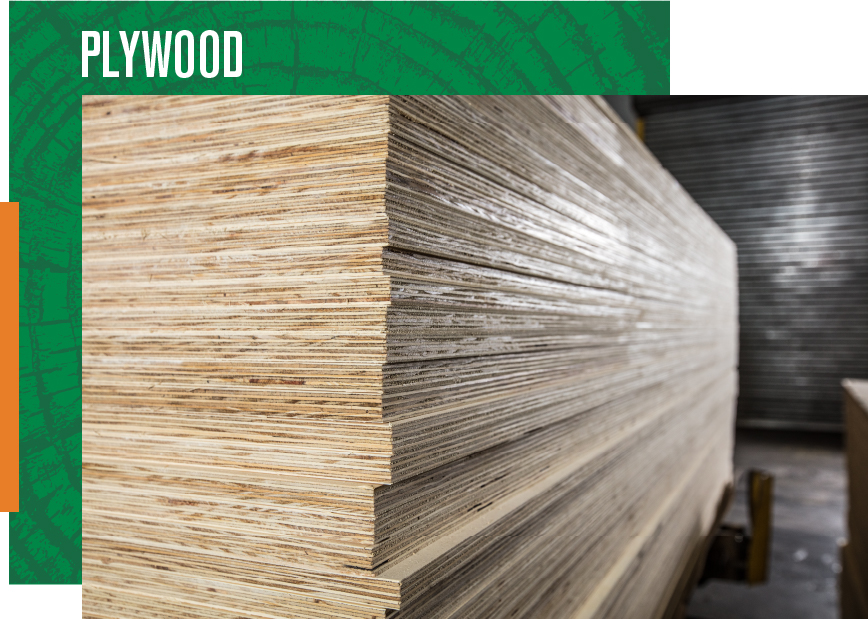In an era marked by environmental concerns and a growing need for sustainable solutions, the lumber and plywood industry stands at the forefront of change. As global demands for wood products continue to rise, companies within this sector are recognizing the importance of accountability and integrity in their operations. This article delves into the commitment of the lumber and plywood industry to our collective future, highlighting the adoption of sustainable practices and integrated wood products.
A Drive Towards Sustainability:
The lumber & plywood industry, long associated with deforestation and environmental degradation, has begun to change its image. Many companies in this field now understand the significance of preserving forests and promoting sustainable forestry practices. They have committed themselves to responsible harvesting, reforestation efforts, and reducing their carbon footprint.
Responsible Sourcing:
One of the key pillars of the industry’s commitment to sustainability is responsible sourcing. This means ensuring that the wood used in their products comes from well-managed forests or is sourced from reclaimed and recycled materials. By avoiding wood from illegal logging operations and unsustainable practices, companies aim to reduce the industry’s negative impact on the environment.
Eco-Friendly Products:
Integrated wood product manufacturers are also focusing on creating eco-friendly products. This includes the development of engineered wood products like plywood, particleboard, and oriented strand board (OSB). These alternatives to solid wood are not only resource-efficient but also deliver consistent quality. Moreover, they reduce waste and utilize wood fibers efficiently.
Energy Efficiency and Innovation:
To reduce their environmental footprint, lumber and plywood companies are embracing innovation. They are investing in energy-efficient technologies, from advanced sawmills to sustainable transportation solutions. By optimizing their manufacturing processes, companies can decrease energy consumption and minimize waste generation.
Recycling and Circular Economy:
The lumber and plywood industry is not limited to producing new wood products. They are also making strides in recycling and promoting a circular economy. This entails repurposing wood waste into new products, like wood pellets for bioenergy, paper products, or even composite materials. By reducing waste and utilizing resources more efficiently, the industry contributes to a more sustainable future.
Transportation Solutions:
In addition to sustainable practices within their facilities, companies in this industry are working towards environmentally responsible transportation solutions. This includes optimizing supply chain logistics, using fuel-efficient vehicles, and exploring alternative fuels to reduce the carbon footprint of wood product distribution.
Accountability and Integrity:
Perhaps the most vital aspect of the industry’s commitment to our collective future is accountability and integrity. Companies are recognizing the need to be transparent about their operations, adhere to regulations, and report on their environmental impact. This helps build trust with consumers and ensures that the industry is held to the highest standards.
In conclusion, the lumber and plywood industry has come a long way in its journey toward sustainability and a commitment to our collective future. By embracing responsible sourcing, eco-friendly products, energy efficiency, recycling, and maintaining accountability and integrity, these companies are making significant strides in reducing their environmental impact. As they continue to evolve and innovate, the industry is set to play a pivotal role in the larger effort to create a more sustainable and eco-conscious future.





